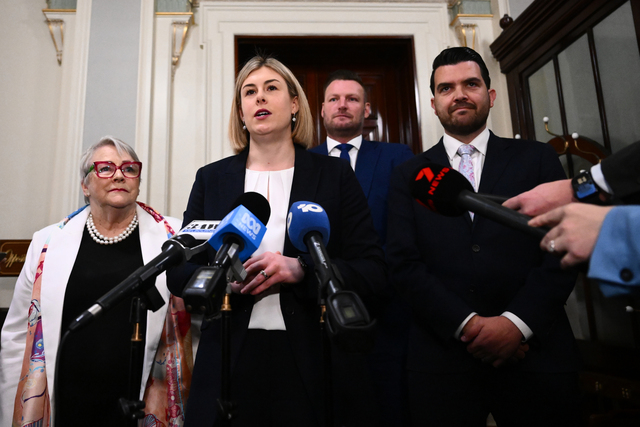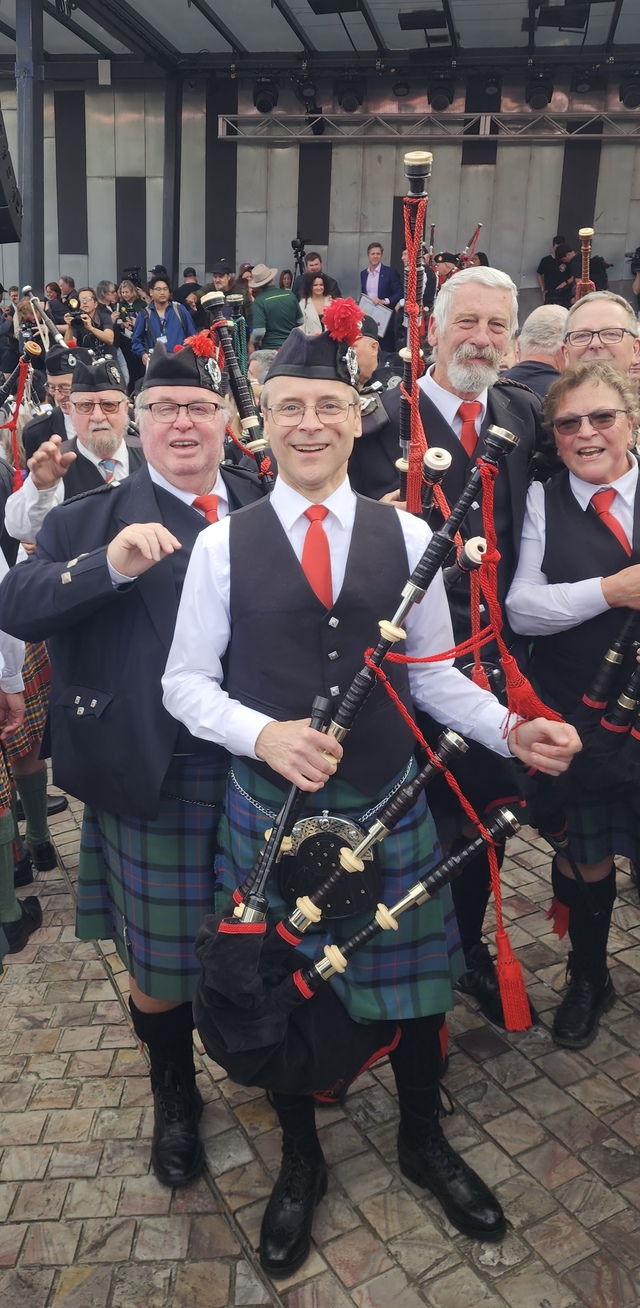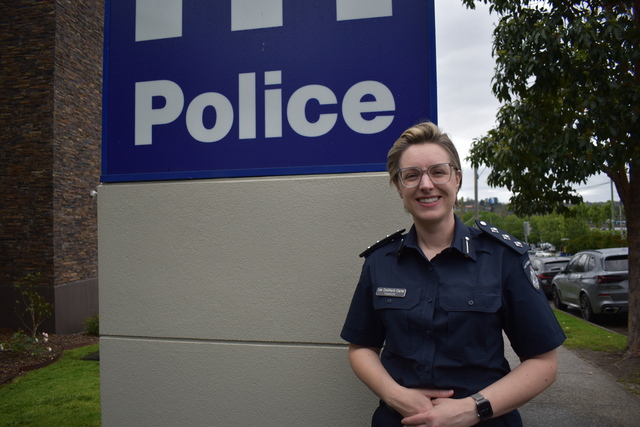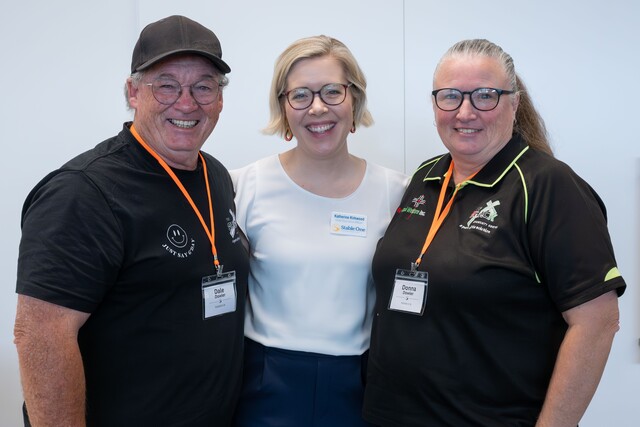By Mara Pattison-Sowden
THEY could be forgiven for believing they have the best job in the world, spending their days outdoors in the Yarra Valley bushland.
But if a fire engulfs their bulldozer or the wind changes direction, it can also be a tough and sometimes life-threatening job.
With almost 100 years of experience between them, four Powelltown firefighters from the Department of Sustainability and Environment received national recognition for their commitment to firefighting, protecting Victorian lives and communities.
Peter Dunne, John Carter, Rod Lynn and Rob Elliot were among 180 Victorian firefighters to receive a National Medal this month.
Peter Dunne, or ‘Pedro’ as the boys like to call him, has lived in Powelltown for 56 years and knows the forest back to front.
The others said they couldn’t do without his experience of the bushland.
As a first attack dozer operator, Mr Dunne uses a bulldozer to round a fire up, build tracks to get fire fighting vehicles through and make sure the fire fighting line is safe. “You’ve gotta know what you’re doing or you’ll be cooked,” he said.
Rod Lynn, who also has experience in dozer driving, said it came down to knowing how to survive.
“I’ve been caught a few times in fires…it requires years of experience to keep calm and recognise how to get out,” he said.
Mr Lynn said the dozers were constantly being improved, but if the air-conditioning failed the cabin could heat from 20 degrees to 100 degrees in no time.
“I’ve been in two burn-overs and been in a helicopter that caught fire,” he said, explaining that when a fire burnt over the dozer, they had seconds to jump out and get underneath, hopefully to safety.
“If Mother Nature wants to burn us out, there’s not a damn thing we can do.”
The men have been through Ash Wednesday, Black Saturday and many other dangerous fire events.
Mr Dunne said the Powelltown office was very important to the area.
“We have a lot of infrastructure to defend in the valley and we can manage our burning programs so people can come and enjoy it here,” he said.
“If we don’t manage we’d have Black Saturday every year.”
Mr Lynn said the work didn’t stop just because a fire had stopped. “Our rehab still goes and we’re still here for months, weeks, years, doing recovery and maintenance to make sure volunteers don’t need to come out during the summer,” he said.
“This is our office … city people come and play in it on the weekends …”
“Four-wheel driving through the bush, I do that every day,” chips in Mr Dunne.
John Carter, who began as a seasonal firefighter, is Powelltown DSE’s operations manager, and said there had to be a love of the job.
“When you talk to most people in the DSE, they love the job, love the environment,” he said.
“The recognition should also go to our families, they have to put up with us whenever there’s a fire.
“Nature is ever-changing, but we love the job and don’t think anything of it.”
“The CFA volunteers are the frontline soldiers and we’re the backline soldiers,” he said, explaining that the DSE did much of the fire preparation and fire recovery work out of season, while backing up the CFA during a bushfire. “Our role in emergency services is expanding,” he said.
“When I first joined, fire was a very small part, we were helping the timber industry making tracks through the bush.”
Mr Lynn said the DSE covered any emergency management, from locust plagues to chasing down the fires from lightning strikes.
“This job puts a lot of pressure on you, but you couldn’t get a better job,” he said.
Mr Lynn has taken on a peer support role, managing his peers through emotional times.
“There was one burnover where I was in and out of consciousness, and I didn’t think I was going to make it,” he said.
“But you need to talk about these experiences, it’s important to get it out there.”
Rob Elliot was absent when the Mail visited, testing out new trucks for the DSE.
Medals forged in fire
Digital Editions
-

Study finds oversight, accountability and transparency lacking in global wildlife trade
A new study by researchers from universities and research institutions across Australia, the United States, Europe and South America has expressed concern about the lack…





